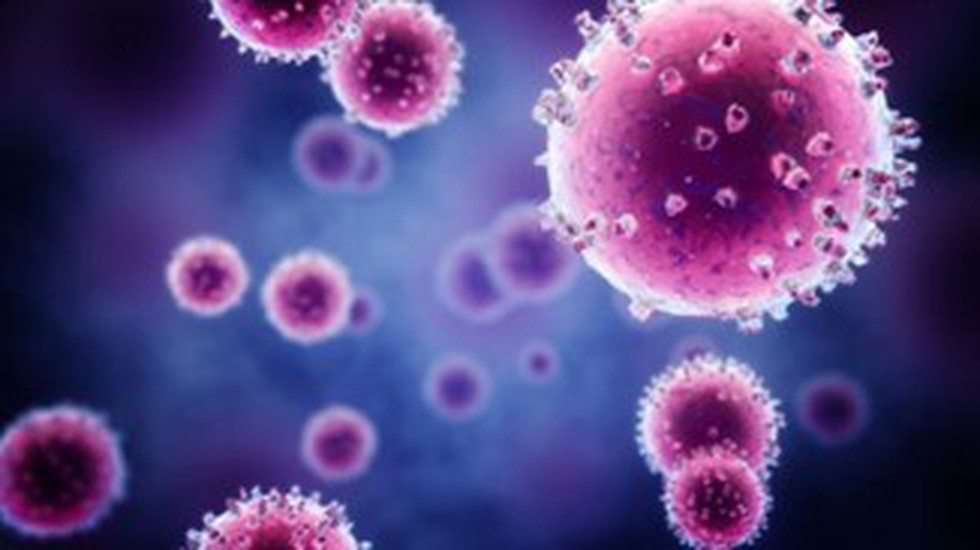About Respiratory Syncytial Virus (RSV):
- It is a common respiratory virus.
- RSV is one of the most frequent causes of childhood illness.
- It usually causes mild, cold-like symptoms.
- Premature infants, babies younger than 6 months old, people over age 65, and people who have a compromised immune system, chronic lung disease, or congenital heart condition can get a more severe case of RSV.
- A severe infection leads to pneumonia and bronchiolitis.
- Transmission: RSV spreads from person to person through-
- The air by coughing and sneezing;
- Direct contact, such as kissing the face of a child who has RSV;
- Touching an object or surface with the virus on it, then touching your mouth, nose, or eyes before washing your hands;
- People who have an RSV infection are usually contagious for 3 to 8 days. But sometimes infants and people with weakened immune systems can continue to spread the virus for as long as 4 weeks.
- Symptoms: The symptoms of RSV infection usually start about 4 to 6 days after infection. They include-
- Runny nose,
- Decrease in appetite,
- Cough,
- Sneezing,
- Fever,
- Wheezing,
- RSV can also cause more severe infections, especially in people at high risk. These infections include bronchiolitis, an inflammation of the small airways in the lung, and pneumonia, an infection of the lungs.
